PARADIGM Trial: PrimeC Demonstrates 37.4% Reduction in ALS Progression

15 December 2023
NeuroSense Therapeutics has unveiled encouraging results from its Phase 2b trial of PrimeC, a novel drug candidate for ALS. PrimeC demonstrates a significant 37.4% reduction in ALS progression. This result is crucial as it offers hope for effective ALS treatment, a disease currently with limited therapeutic options.
Biotechnology company NeuroSense Therapeutics has reported additional positive efficacy data from further evaluation of its Phase 2b trial (PARADIGM) with the new drug candidate PrimeC for amyotrophic lateral sclerosis (ALS). PrimeC's safety profile and its novel approach in targeting multiple ALS mechanisms make it a potential game-changer in managing this debilitating condition, providing new avenues for research and treatment development.
Groundbreaking Results
The trial, known as PARADIGM, demonstrated a notable 37.4% slowing in disease progression, as measured by the ALS Functional Rating Scale-Revised (ALSFRS-R), in patients treated with PrimeC compared to those receiving a placebo. This finding is particularly striking as the ALSFRS-R is a gold-standard tool for tracking ALS progression, encompassing various aspects of physical abilities.
"As we analyze the PARADIGM trial results, we continue to gain a better understanding of PrimeC's potential to render a significant and meaningful clinical benefit to people living with ALS. Today we are eager to share these new data, as we believe the PP analysis, demonstrating a statistically significant 37.4% difference in ALSFRS-R in patients treated with PrimeC vs. placebo, is an exceptional result," stated Alon Ben-Noon, NeuroSense's CEO.
Moreover, the Per Protocol (PP) population analysis - which includes participants adhering strictly to the trial protocol - showed a 17.2% difference in Slow Vital Capacity (SVC), a key respiratory function measure. These results, though not as statistically significant as those for ALSFRS-R, still contribute to the comprehensive view of PrimeC's potential.
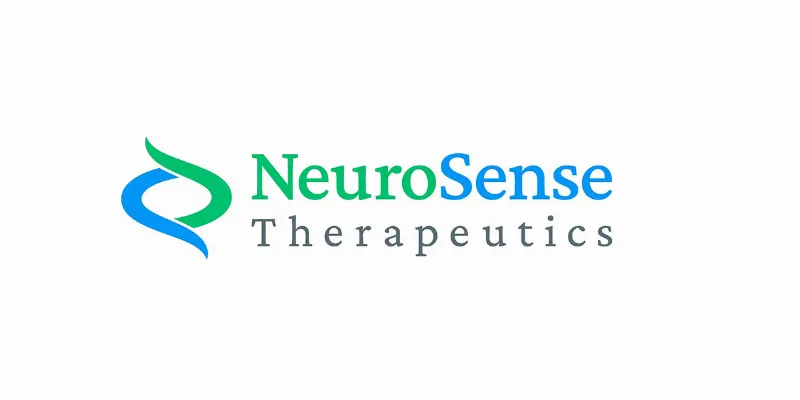
Safety and Tolerability
Reassuringly, PrimeC demonstrated a strong safety profile, comparable to placebo, in the trial. This aspect is crucial, as it suggests the drug's suitability for long-term treatment without significant adverse effects. Remarkably, a large majority of the trial participants chose to continue receiving PrimeC, underscoring their belief in its benefits.
A Novel Approach to ALS Treatment
PrimeC is an extended-release oral formulation that combines ciprofloxacin and celecoxib. This unique combination is designed to target multiple key mechanisms involved in ALS, including motor neuron degeneration and inflammation. Its innovative approach could represent a significant advancement in the treatment landscape of ALS.
Next Steps and Future Prospects
The promising results from the PARADIGM trial have paved the way for further discussions with regulatory bodies, including the FDA and the European Medicines Agency. The next steps include an End of Phase 2 meeting in the first half of 2024, which will be crucial in determining the future development pathway for PrimeC.
In addition, NeuroSense is collaborating with Biogen to evaluate the impact of PrimeC on neurofilament levels, a crucial biomarker in ALS. The results of this collaboration, expected in January 2024, will provide further insights into PrimeC's effectiveness.
The study of PrimeC marks a major breakthrough in the treatment of ALS, a neurodegenerative disease known for its rapid progression and lack of effective therapies. Demonstrating a significant slowing of disease progression, this development offers hope in the fight against ALS, potentially extending and improving the quality of life for patients.
About PrimeC
PrimeC, developed by NeuroSense, is an innovative extended-release oral drug combining ciprofloxacin and celecoxib. It targets ALS by addressing motor neuron degeneration, inflammation, iron buildup, and RNA regulation, aiming to slow disease progression. PrimeC showed efficacy and safety in a 6-month Phase 2b ALS trial, particularly in the Per Protocol group. Further trial data are expected in H1 2024. It has received Orphan Drug Designation in the U.S. and Europe.





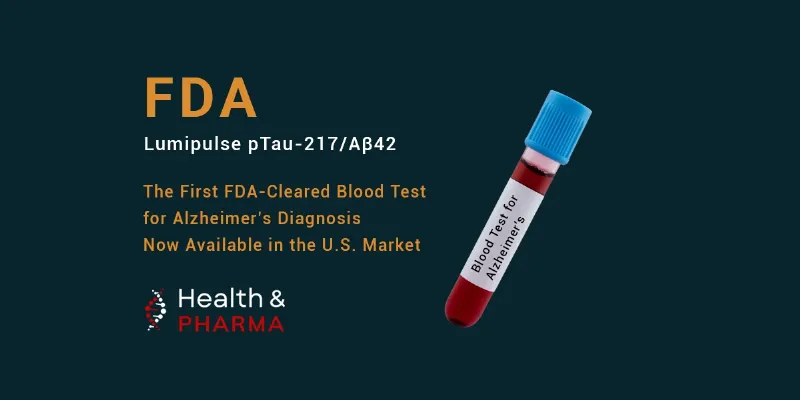
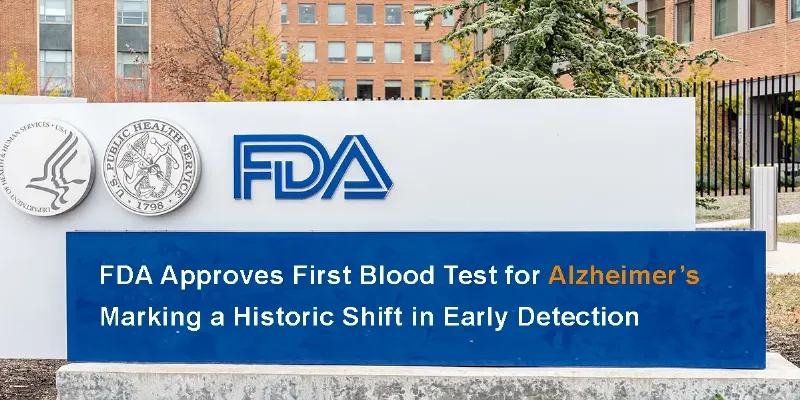
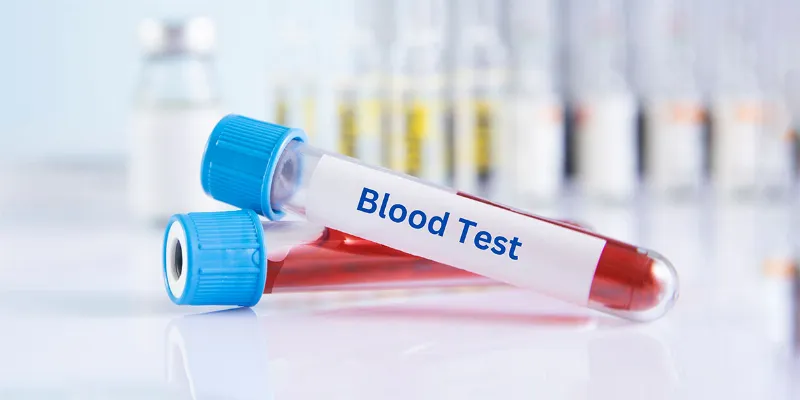

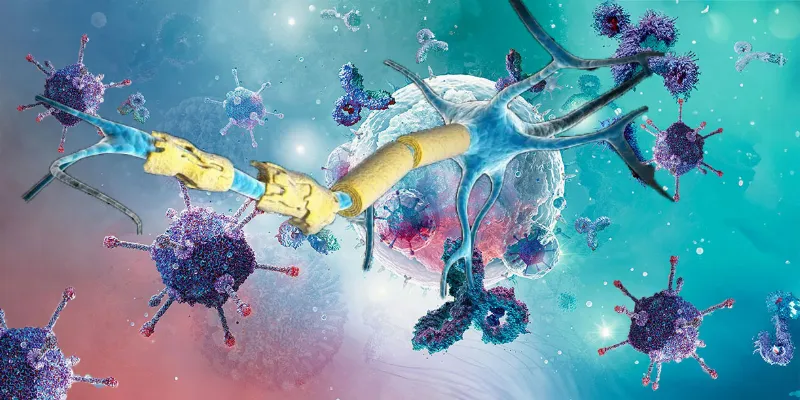
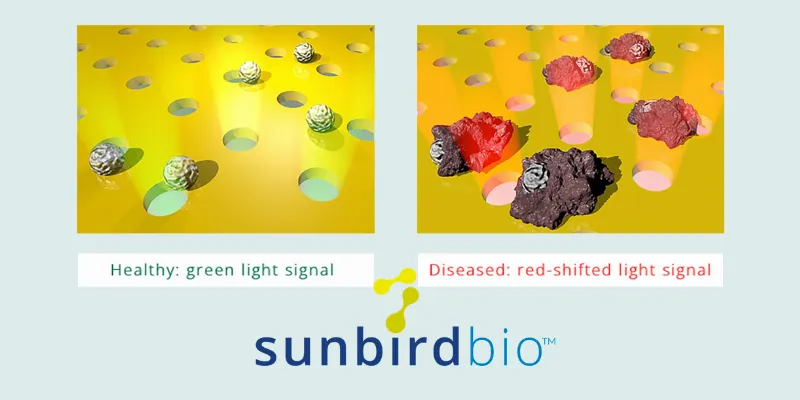
Comments
No Comments Yet!